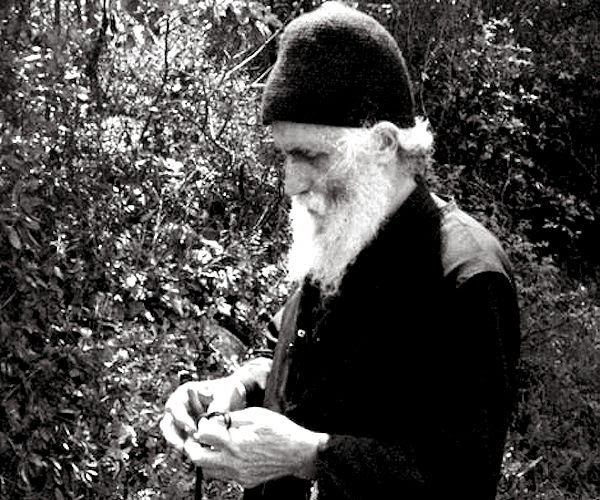By Saint Isaac the Syrian
(Excerpt from Homily8)
Blessed is the man who knows his own weakness,because this knowledge becomes to him the foundation,root,and beginning of all goodness.For whenever a man learns and truly perceives his own weakness,at that moment he contracts his soul on every side from laxity that dims knowledge,and he treasures up watchfulness in himself.
But no one can perceive his own infirmity if he is not allowed to be tempted a little,either by things that oppress his body or his soul.For then, comparing his own weakness with God's help,he will straightway understand the greatness of the latter.And again,whenever he looks over the multitude of his divisings,and his wakefulness,his abstinence,the sheltering,
and the hedging about of his soul by which he hopes to find assurance for her,and yet sees that he has not obtained it;
or again, if his heart has no calm because of his fear and
and trembling;then at that moment let him understand,and let him know that this fear of his heart shows and reflects
that he is altogether in need of some other help.
For the heart testifies inwardly,and reflects the lack of something by the fear that strikes and wrestles within it.
And because of this,it is confounded,since it is not able to abide in a state of surety;for God's help,it is said,is the help that saves.
When a man knows that he is in need of divine help,he makes many prayers.And the more he multiplies them,his heart is humbled,for there is no man who will not be humbled when he is making supplication and entreaty.
"A heart that is broken and humbled,God will not despise'.
Therefore,as long as the heart is not humbled,it cannot cease from wandering,for humility collects the heart.
But when a man becomes humble,at once mercy encircles him,and then his heart is aware of divine help,because it finds a certain power and assurance moving in itself.
And when a man perceives the coming of divine help,and that it is this which aids him,then at once his heart is filled with faith,and he understands from this that prayer is the refuge of help,a source of salvation,a treasury of assurance,
a haven that rescues from the tempest,a light to those in darkness,a staff of the infirm,a shelter of deliverance in war,an arrow sharpened against the face of his enemies,
and ,to speak simply;the entire multitude of these good things is found to have its entrance through prayer.
http://tokandylaki.blogspot.ca/2012/09/homily-on-word-of-god-revealed-in-flesh.html











